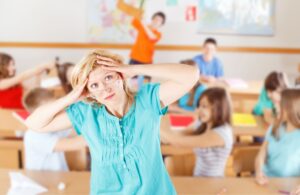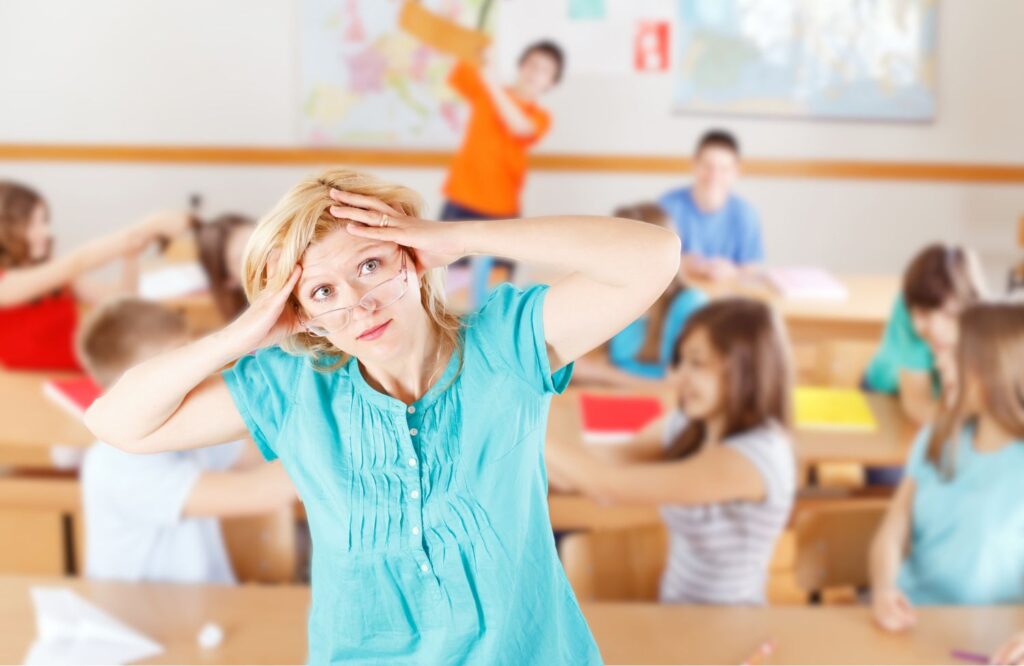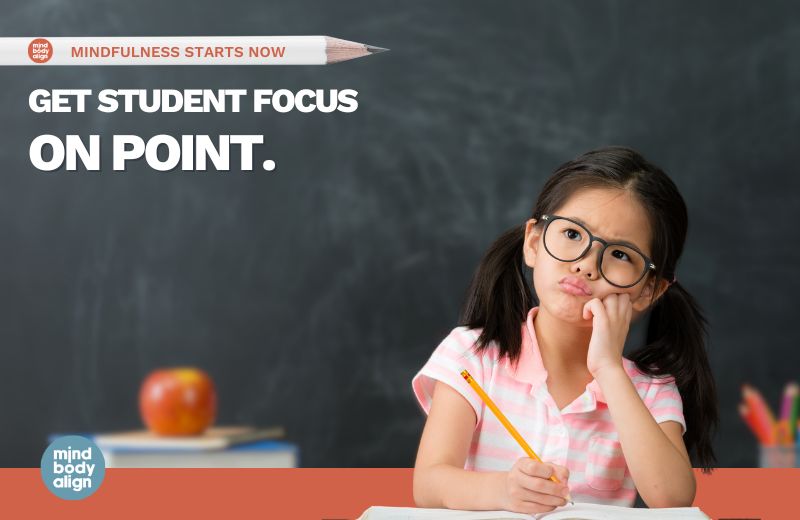It takes a community to raise our children! While volunteering to teach mindfulness in our local middle school, I noticed it was a struggle to get the children to focus, and there seemed to be discipline challenges. I sensed desperation in both teachers and students, which was shocking and disheartening.
At that time, being in the classroom was not foreign to me, but more often, I was found in the community trying to build stronger bonds around businesses and visitors within our downtown. After this day in the classroom, I realized it’s not enough for me to spur beautification and revitalization. It is not enough for our city leaders to attract innovative companies. A strong and vital community needs a strong educational system. We must provide the tools to create positive learning environments and to allow teachers to teach effectively. This leads to raising future generations of emotionally intelligent, wholehearted people. We must intentionally grow adults who were taught the skills needed to build positive relationships, to focus and be aware, be resilient, and have discernment of values in order to know where to invest energy and time. And so, the MBAwareness program was born. We started with baby steps.
For younger children, a mindfulness lesson may start like this:
Imagine you are a bear hibernating for the winter. When bears hibernate, they take long slow deep breaths in and out through their noses. Take a long breath in through your nose, and let it all the way out. Take another long breath in through your nose. Let it all the way out. Keep breathing like this and feel how relaxed and warm and safe you are in your cozy bear cave.
Imagine how calm children would be if this were how teachers routinely lead the first minute of class in your school. In a world that’s increasingly fast-paced, where kids are bombarded with media and screens, where they have less and less downtime to just be, these practices can teach kids essential skills. Like, how to calm themselves. How to focus and pay attention. How to manage their behavior and emotions. And how to practice compassion and kindness. They can also help kids cope with and release anxiety and stress.
Mindful Schools looked at 400 elementary school students in four areas of classroom behavior: paying attention, participation, self-control, and respect for others. The kids did a simple mindfulness program three times a week for five weeks. After completion, they found significant gains in all four of those areas. Let’s think about this for a minute. Improvements in self-control and respect for others are a total gift for teachers everywhere. They are also critical skills kids need to learn just to get along in life. Paying attention in class and participation directly leads to academic gains.
That’s what we are doing at Mind Body Align. We are starting with baby steps, but they are powerful baby steps.
Interested in learning more about integrating mindfulness into your classroom?
We’ve got the perfect opportunity for you to learn the basics of mindful education and how to implement into your social and emotional learning objectives. This workshop is offered both in-person and online.
Click here to check- it out now!










